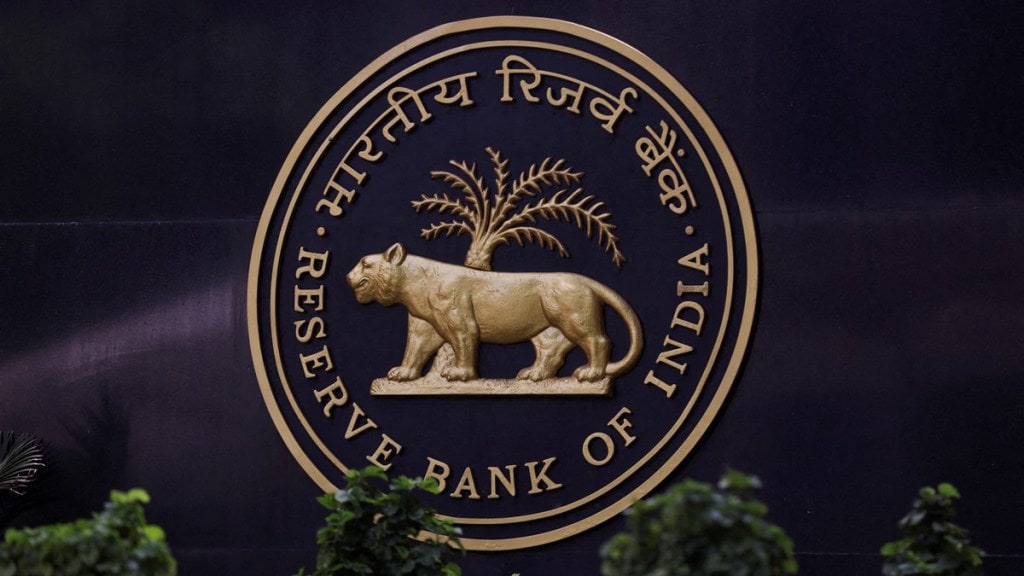The Reserve Bank of India’s December Policy meeting is underway. While all eyes are on the announcements by Governor Shaktikanta Das on December 8, UBS expects the repo rate to remain unchanged and sees RBI maintaining a hawkish tone.
Tanvee Gupta Jain, Economist UBS highlighted that “despite the recent softening in headline CPI inflation and comfortable core inflation, we expect RBI to remain cautious and maintain a hawkish tone in the upcoming December policy review amidst resilient economic activity, strong credit growth, elevated basic balance deficit and above target CPI inflation. Going ahead, we expect headline CPI inflation to remain in the 5-6% range between November 2023 and March 2024 with full year inflation estimated at 5.5%YoY (UBSe) in FY24. We maintain our base case that repo rate will be likely kept on hold in the December policy. We expect the MPC to signal that they will continue to manage interbank liquidity (even though pressure to carry out OMO sales has come down amid tight interbank liquidity) to ensure overnight rate stays above the repo rate in the coming months.”
However, in terms of India’s GDP growth outlook, UBS holds a positive bias. “We have recently revised our India’s FY24 real GDP growth forecast higher to 6.7% (from 6.3% earlier). We do note that growth momentum in India has been holding up so far despite global headwinds,’ added Gupta.
She went to elaborate how the UBS economics team forecasts global growth to be slightly weaker in 2024 than in 2023, mostly due to the US and China. “Despite slower global growth, we expect Indian economy to sustain real GDP growth of 6.2% YoY in FY25E. We expect consumption growth to gradually normalise on softening corporate wages, flattening personal loan growth, peaking post-election welfare spending by the government and the lagged impact of monetary tightening on households’ disposable income,” pointed out Gupta.
They believe that the pickup in capex spending is likely to become more broad-based, “While public capex is likely to stabilise on stretched government finances, we expect private corporate capex and residential housing demand to continue improving. Lastly, exports may marginally improve but is likely to remain tepid and be dependent on global growth uncertainty,” she highlighted.
One interesting observation, as per UBS, is that they expect India to maintain potential growth of 6.0-6.5% YoY in the medium term, higher than their earlier 5.75-6.25% estimate. In case you are wondering what’s pushing that momentum, Gupta said, “this improvement is owing to significant digitalisation adoption, easing financial sector weaknesses and the government’s reform agenda to support India’s integration into global value chains. However, challenges remain, including creating enough jobs for the rising working-age population, a less friendly external environment and the automation overhang.”

